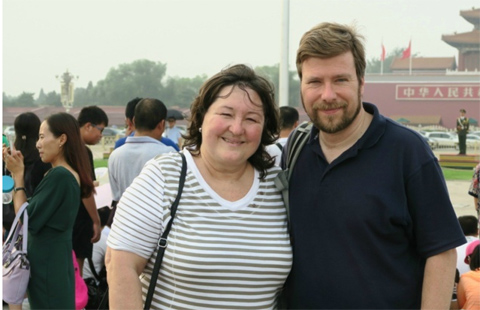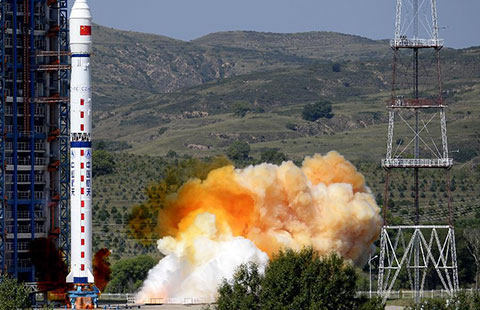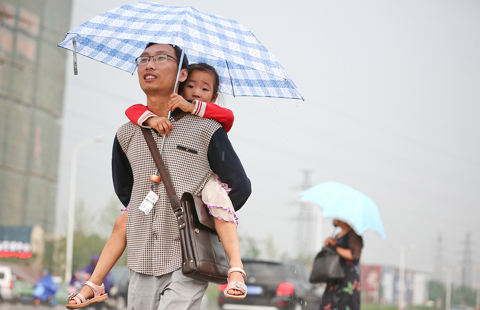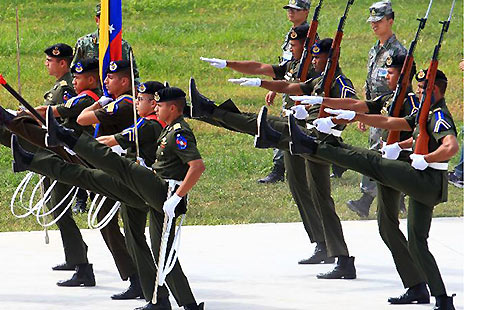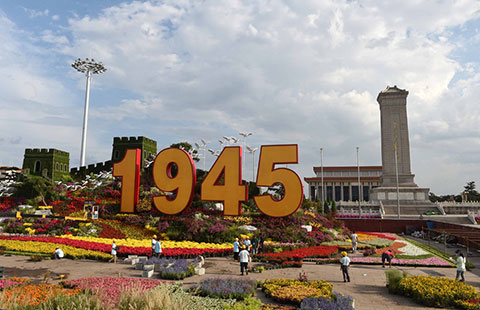

The Rio+20 Earth Summit in Brazil wrapped up on Friday with more than 100 heads of State and government adopting an outcome document that will shape the world's future action in promoting economic, environmental and social prosperity.
Officials were relatively satisfied with the balance reached among countries after three days of intensive consultations and three rounds of negotiations ahead of the summit, while some civil society groups said the outcome document lacked ambition in addressing environmental and sustainability threats.
In response to the criticism, Sha Zukang, secretary-general of the Rio+20 summit in Brazil, said on Friday at a news conference that the summit has adopted a "substantive" outcome document.
"This is an outcome of intergovernmental negotiations, in full consultations with all nine major groups, including business and industries," he said.
"This is an outcome in which no one is happy. Our job is to make everyone equally unhappy. Equally unhappy means equally happy," Sha said.
 |
"Against the backdrop of the economic slump in Europe and the United States, countries are reluctant to put money and commitments on the table. In addition, the agenda has been placed in a much lower important position in an election year," he said.
Du Ying, head of the Chinese preparatory committee for the Rio+20 Earth Summit, told reporters on Friday in Rio de Janeiro that one of the successes of the summit was that it didn't backtrack on the principles of the Rio Declaration, such as the principle of "common but differentiated responsibilities".
"The concerted efforts made by developing countries have greatly pushed forward the progress of the negotiations," Du said.
The attendance of Premier Wen Jiabao showed the significant amount of attention that China has paid in promoting global sustainable development.
Speeches delivered by Wen at the summit expressed China's willingness and resolution in promoting global sustainable development along with international communities, and it also highlighted China's image as a "responsible and committed" large developing country, Du said.
The summit outcome document, dubbed as The Future We Want, set up a process to create a high level forum on sustainable development and made decisions to establish Sustainable Development Goals.
Other important gains of the outcome document include strengthening the environmental pillar with the United Nations Environment Programme, as well as measures and goals to improve food security and protect the oceans.
People around the world placed high expectations on the UN summit, which had about 50,000 participants, and called it a "once in a generation chance" to turn the global economy onto a sustainable track.
Growing threats
In the document, negotiators delayed taking real action to address the growing threats, said Frances Beinecke, Natural Resources Defense Council president.
"On a planet that's now home to 7 billion people, facing ever-increasing threats to our environment and to our future, this document simply does not get us to where we need to go," he said.
The outcome is obviously a compromise among all parties, with a rather weak commitment and implementation power, said Yong Rong, head of external and public affairs at Greenpeace East Asia.
However, the Earth's future cannot be compromised, Yong added.
Practical actions related to decisions in the approved document will be implemented immediately, said Du, of the Chinese delegation.
lanlan@chinadaily.com.cn
